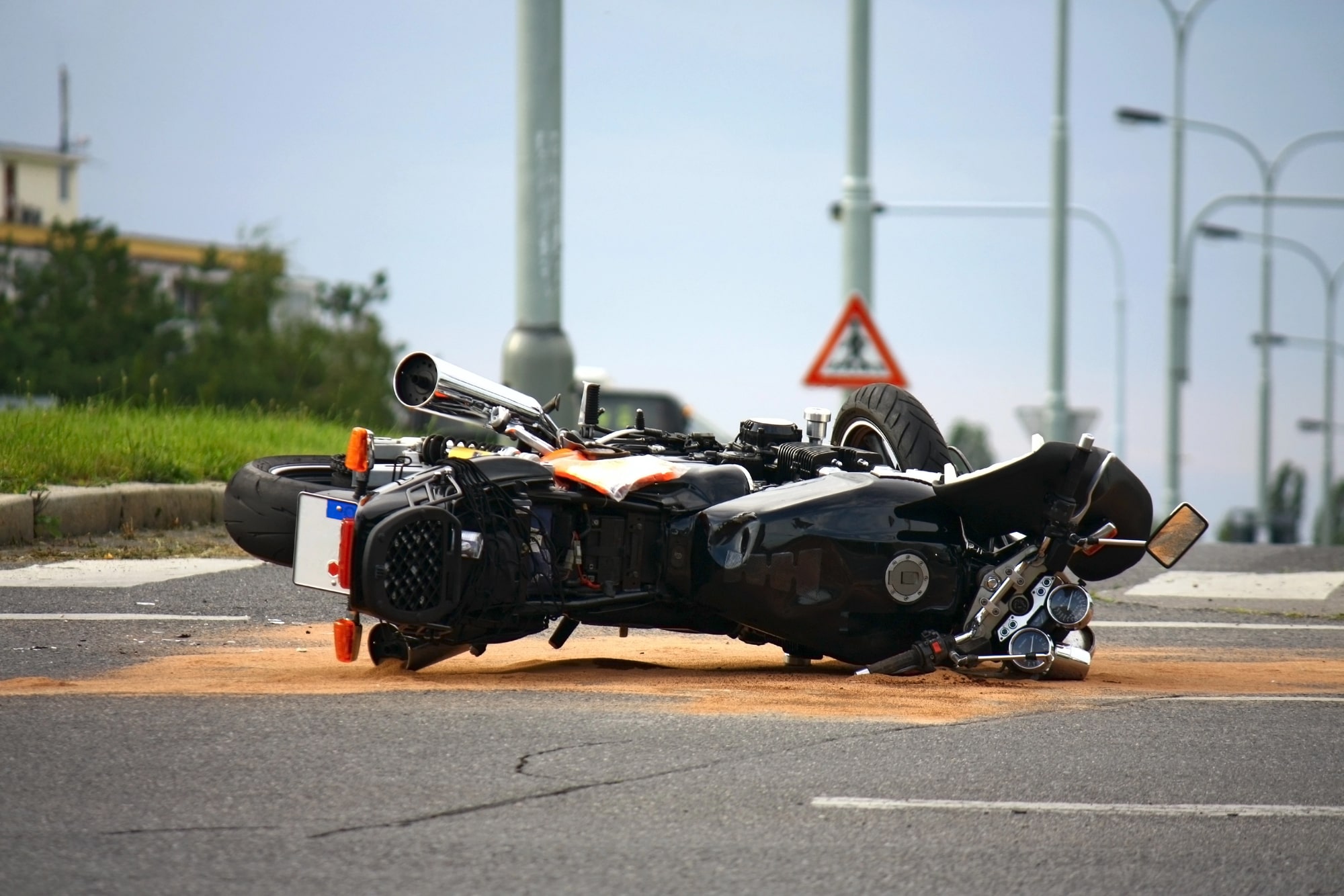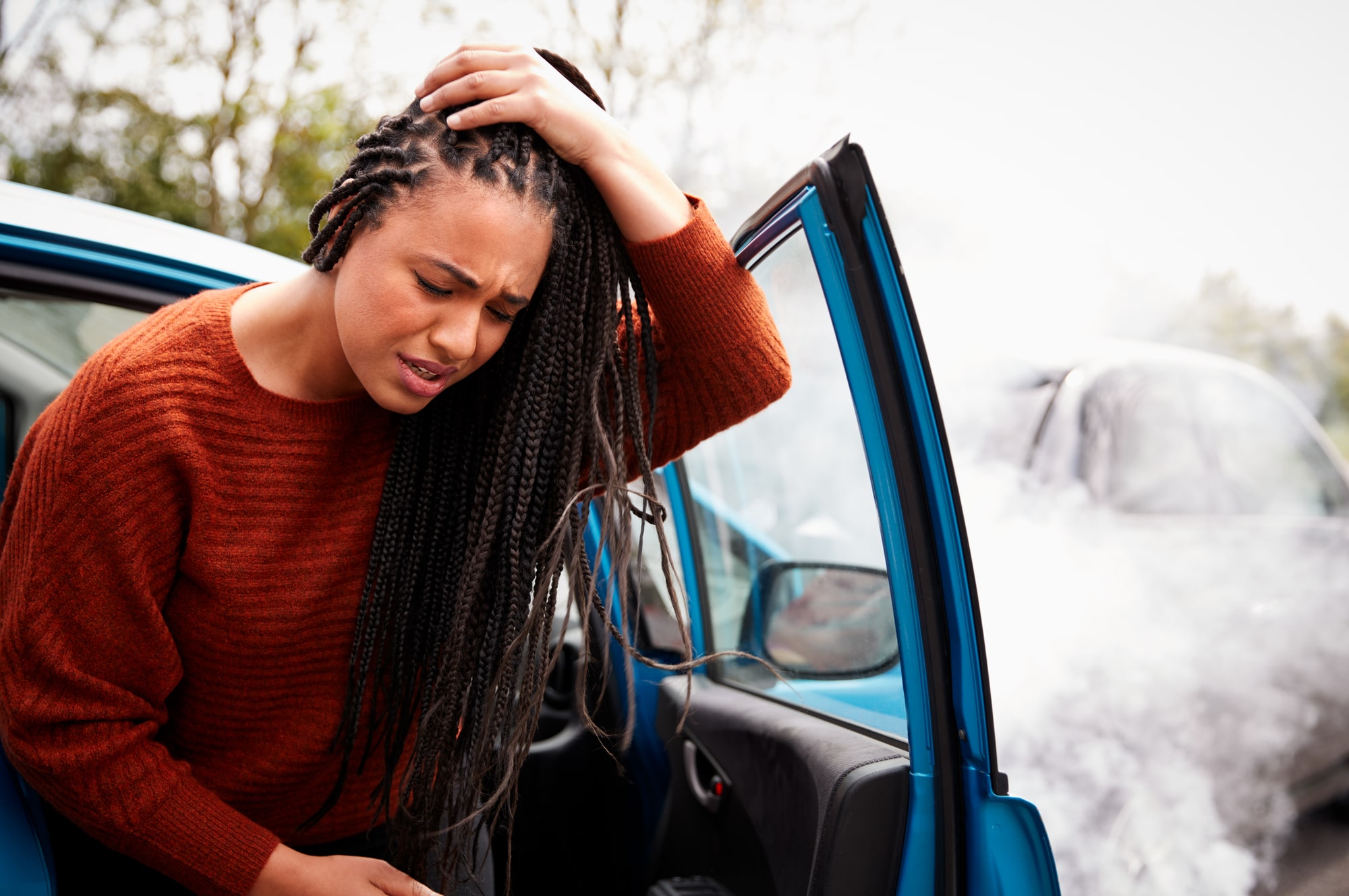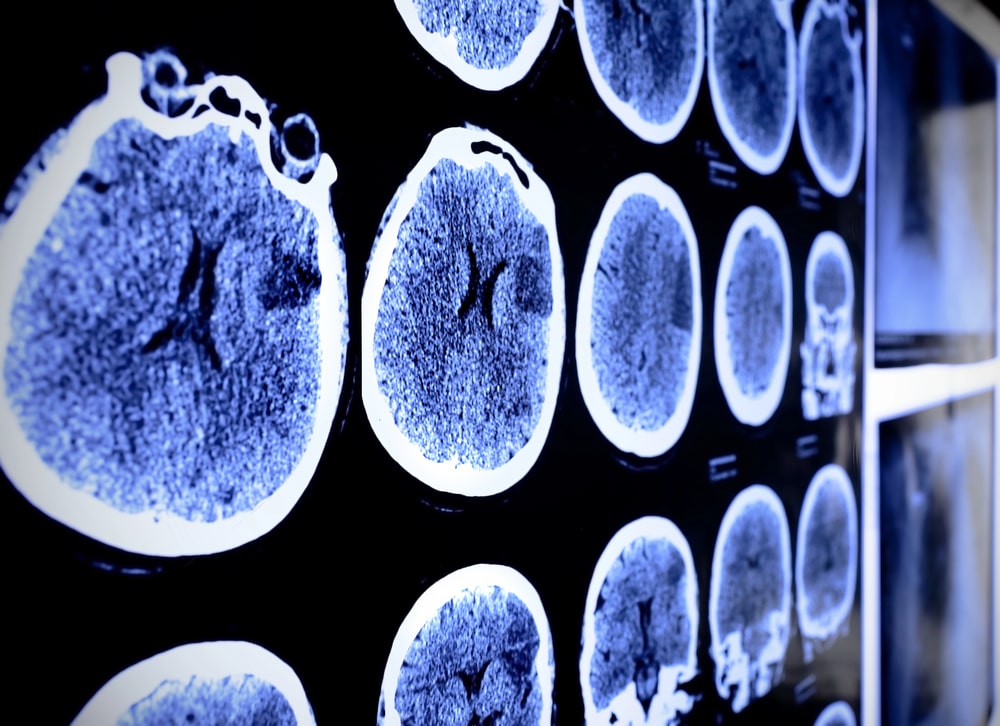Drive-Thru Car Washes And Automatic Gates

Most people think of motorcycle accidents happening on highways or at intersections, but unexpected hazards exist in less obvious places too. One of the lesser-known dangers involves automatic systems, specifically, drive-thru car washes and mechanical gates. These setups are typically designed with larger vehicles in mind and may not detect smaller motorcycles properly. A motorcycle accident lawyer may be needed in cases where these failures result in injury or damage.
Automatic gates at parking garages, community entrances, and private properties are usually triggered by sensors that detect the presence of a vehicle. These sensors are often calibrated to recognize the weight or size of a car or truck. In some cases, they may not register a motorcycle at all. This can lead to a gate closing too soon or not opening at all, causing the rider to crash or get struck by the gate arm. Harm can be caused both to the person and to the bike in these instances.
Similarly, automatic car washes are rarely designed to accommodate motorcycles. Many of these systems rely on tire guides, tracks, and motion sensors that are incompatible with two-wheeled vehicles. Riders who enter these systems may face unexpected movement from brushes or rollers, slippery surfaces, or water jets strong enough to push the bike off balance. These conditions can lead to crashes or even equipment malfunctions that trap the rider. While most car washes are not set up to handle motorcycles, cyclists may still visit washes that have outdoor hoses available for use. It is here where they may still experience problems as cars go through the automatic wash nearby.
One problem in these types of accidents is that they’re often dismissed as “user error.” Property owners or business operators may assume the rider took a risk by entering the system in the first place. But liability depends on whether the system was marked as unsafe for motorcycles, whether the equipment functioned properly, and whether the operator took steps to protect all visitors, not just those in cars.
Attorneys like those at Polchinski & Smith Personal Injury Lawyers can attest that establishing fault in these cases requires a clear look at how the system was designed and maintained. If there were no signs warning riders not to enter, or if the system failed due to poor upkeep or improper settings, the owner or operator may be held responsible.
Another factor to consider is whether a third party, such as a maintenance contractor or sensor manufacturer, contributed to the failure. If equipment wasn’t installed or calibrated correctly, the issue may go beyond the property owner. These situations often involve multiple parties, each with a share of the responsibility.
A personal injury lawyer handling these claims would typically review system manuals, service logs, surveillance footage, and witness statements to determine what went wrong. In some cases, inspections by engineers or technicians are helpful in explaining how and why the failure occurred.
It’s also worth noting that these incidents can cause more than just physical injury. Riders may face property damage, medical bills, missed work, and long-term pain. Long-term rehabilitation through services such as physical therapy may be required. When a system fails due to poor design or maintenance, compensation should reflect all of these consequences, not just the immediate impact.
Accidents like these may seem unusual, but they can be just as serious as crashes on the road. Riders should be aware of the risks and know that legal options exist when they’re hurt by unsafe systems. If a motorcycle is damaged or a rider is injured due to a faulty gate or drive-thru equipment, holding the right party accountable can lead to both recovery and future safety improvements. Contact a lawyer near you to get started on your case.


